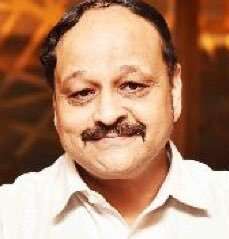As part of our series to elicit the views of Principals on the issue of education, Saurabh Saket interviewed Mr Mukesh Shelat, Principal, Delhi Public School, Varanasi. Excerpts from the interview.
Please tell us about your background and your school.
I hail from a business background in Chennai. I moved into the profession of teaching by choice. My father got very upset when I chose a career in teaching as he wanted me to look after the family business. I was offered a principals’ job at an age of 28 and he has been very supportive since then. My current school is around 20 years old and is affiliated with DPS Society, Greater Kailash, New Delhi. DPS Varanasi is among the topmost schools of not just Varanasi but the whole Purvanchal because of its holistic educational programme and academic results. In the past two years of corona pandemic, DPS Varanasi has very well amalgamated the online and offline mode.
Are you satisfied with the existing system of school education in the country?
No, I am not at all satisfied with the present system. The system needs to change. We need to get back to our basics which were the highlights of ancient Indian education system. Pre-British era, where we were grounded to our culture. The concept of peace and education and sustainable development goals, which is talked about now by western countries, were a part of Indian education system long ago. Takshila and Nalanda are best examples of our education system and were leveraging technology. The pattern of assessment for the students also need to change. We have to work on learning styles which cover multiple facets of the children, not just the IQ.
Is it not the duty of the government to control and regulate private schools so that they do not exploit the poor ?
I don’t think so. The government has made a mess of the Sarv Shiksha Abhiyaan – the money allocated for the programme hasn’t been used well. The condition of the government schools are pathetic and this the reason RTE was launched and that responsibility has now gone to private schools. I firmly believe that private schools should be left autonomous. There would be some black sheeps in the herd but it all depends on the consumer whether he wants to use the service or not.
What is the role of RTE in education?
It’s a brilliant idea, very well thought out but the devil is in the details. We have been running this programme in so many schools now but it can be easily found out that the deserving candidates are left out and they don’t even come to the schools. People with a good pull with the officers or the government get their children into these school and not even 10 percent of the deserving students get a chance. The children for whom this programme was meant is still suffering. This programme, if well executed, would help the children being compassionate and empathetic towards each other and fulfil the idea of India and Bharat at one go. But, unlike most of the schemes of the government, this also seems to get the sprinkles of corruption with passage of time.
What is the biggest challenge to the vision of a fully educated India?
The current education system. Our prime minister is now actively talking about a lot of skill development learnings and not just literacy. This will help establish a better education system in India. The other challenge is to bring students to the class and help them learn application, skill and competency based processes, help them learn things which they are going to actually practice in their real life. There is a mismatch between what we teach and what challenges the students actually face in various professions.
How can we improve education system in the country?
This can be done through relooking at our entire education system. I’m thankful to the government for the new National Education policy which has been a good move but if not properly executed, it will stay confined to the papers. There is a lot to be done and moved in a right direction but primarily the NEP should be followed in letter and spirits with full force.


